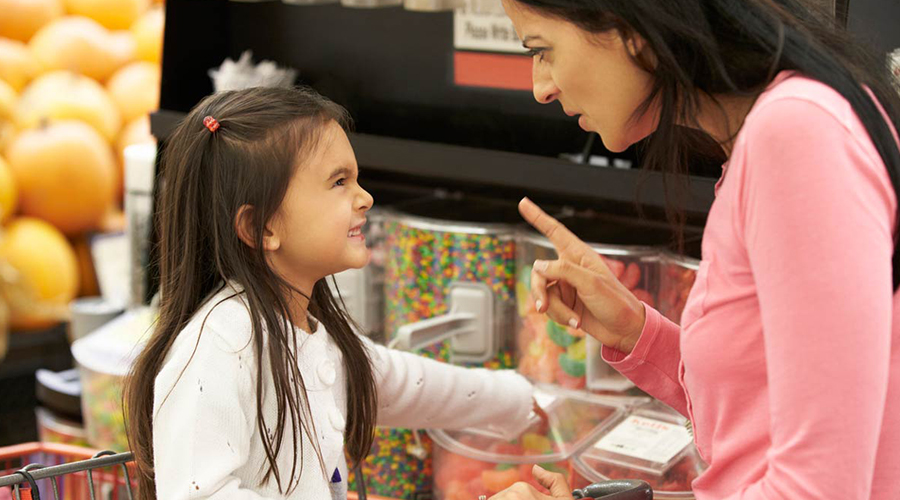10 Tips to Shape Healthy Eating Behaviours for Toddlers
- 04 May - 10 May, 2024

Disciplining a school-aged child can be a challenging task for parents and educators alike. Striking a balance between fostering discipline and promoting a child's emotional and social development is crucial. Discipline is not just about punishment; it's about teaching children to make responsible choices and understand the consequences of their actions. In this article, we will explore effective strategies for disciplining school-aged children that focus on positive development.
Establish Clear Rules and Expectations
The foundation of effective discipline is setting clear rules and expectations. Children need to know what is expected of them, both at home and in school. Sit down with your child and discuss the rules and consequences for breaking them. Make sure the rules are age-appropriate and reasonable, and avoid setting too many rules at once. When children understand the rules, they are more likely to follow them.
Consistency is Key
Consistency is crucial when it comes to discipline. Be consistent in enforcing rules and consequences. If you let a behavior slide one day and then punish it the next, your child may become confused and less likely to comply. Consistency provides children with a sense of predictability and security.

Positive Reinforcement
Positive reinforcement involves rewarding good behavior to encourage its repetition. Praise and rewards can be powerful tools in disciplining school-aged children. When your child follows the rules or demonstrates positive behavior, acknowledge and reward them with praise, a small treat, or extra playtime. This positive reinforcement helps children understand the benefits of good behavior.
Time-Outs
Time-outs are a classic disciplinary tool that can be effective when used correctly. When your child exhibits challenging behavior, calmly explain why it's unacceptable and place them in a designated time-out area for a short period. During this time, encourage your child to reflect on their actions. Keep time-outs brief and age-appropriate, typically one minute for each year of the child's age.
Loss of Privileges
Sometimes, discipline may involve temporarily removing privileges that your child values. For instance, if your child consistently fails to complete their homework, you might temporarily restrict their screen time until they catch up. This method teaches children the importance of responsibility and accountability.

Open Communication
Open communication is vital in disciplining school-aged children. Encourage your child to express their feelings and concerns, and be sure to listen actively. When you understand their perspective, you can better address their needs and guide them toward making responsible choices.
Set a Positive Example
Children often learn by observing the behavior of adults. Set a positive example by modeling the behaviors and values you want your child to adopt. Show them how to handle frustration, resolve conflicts, and make responsible choices in your daily interactions.
Natural Consequences
Allowing children to face natural consequences can be a powerful way to teach them about responsibility. For example, if your child forgets their lunch, let them experience hunger rather than bailing them out immediately. This teaches them the importance of being organized and responsible.
Seek Professional Help if Needed
If you find that your child's challenging behavior persists despite your best efforts, it may be wise to seek professional help. A child psychologist or counselor can provide valuable insights and strategies for addressing more complex behavioral issues.
Disciplining school-aged children is a delicate balance of setting boundaries, teaching responsibility, and fostering positive development. By establishing clear rules, maintaining consistency, using positive reinforcement, and open communication, you can guide your child toward making responsible choices and growing into a well-rounded individual. Remember that discipline is a journey, and each child is unique, so be patient and adaptable in your approach to help them thrive.
COMMENTS